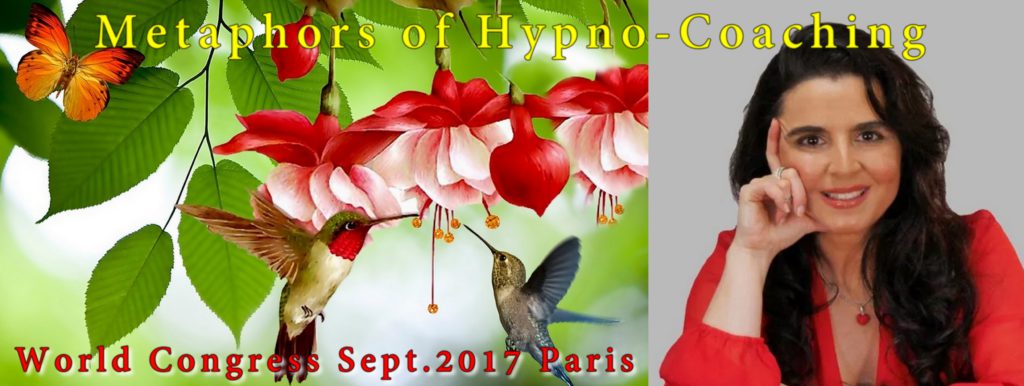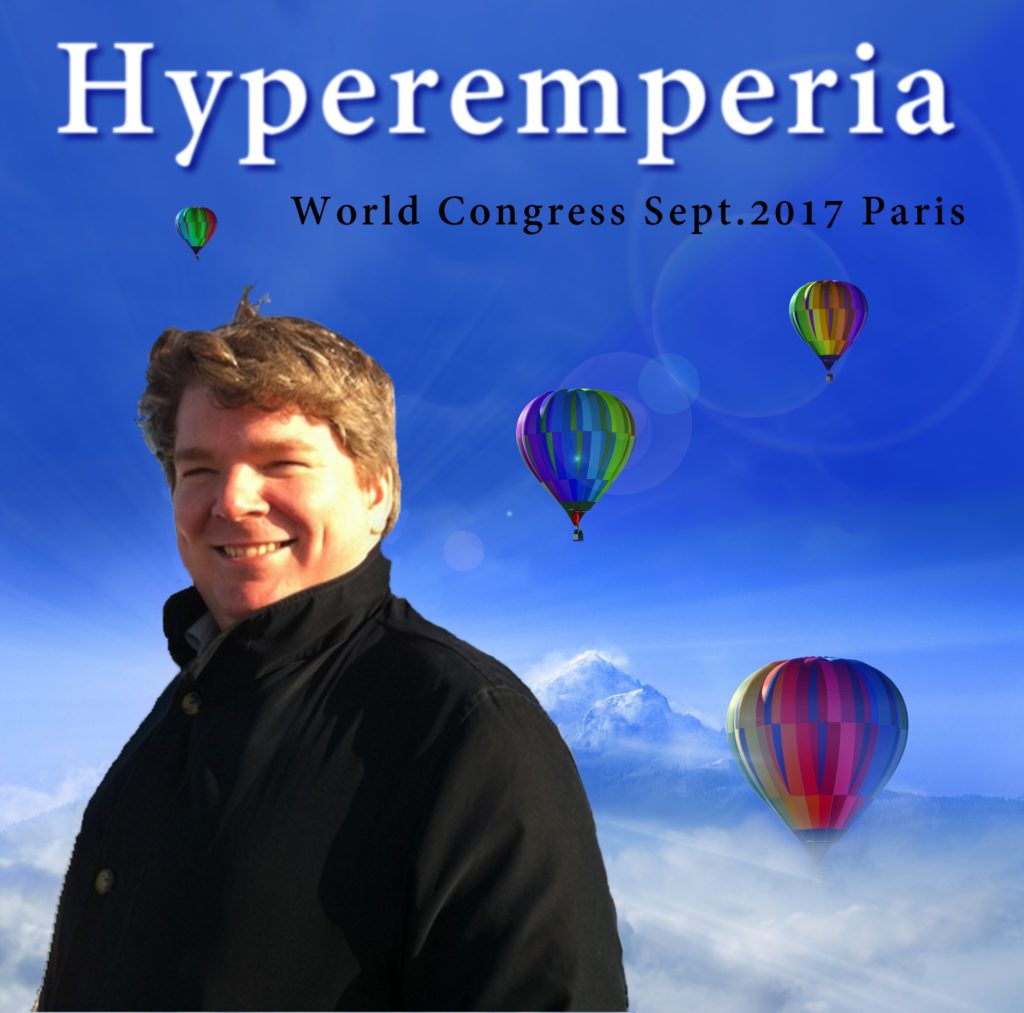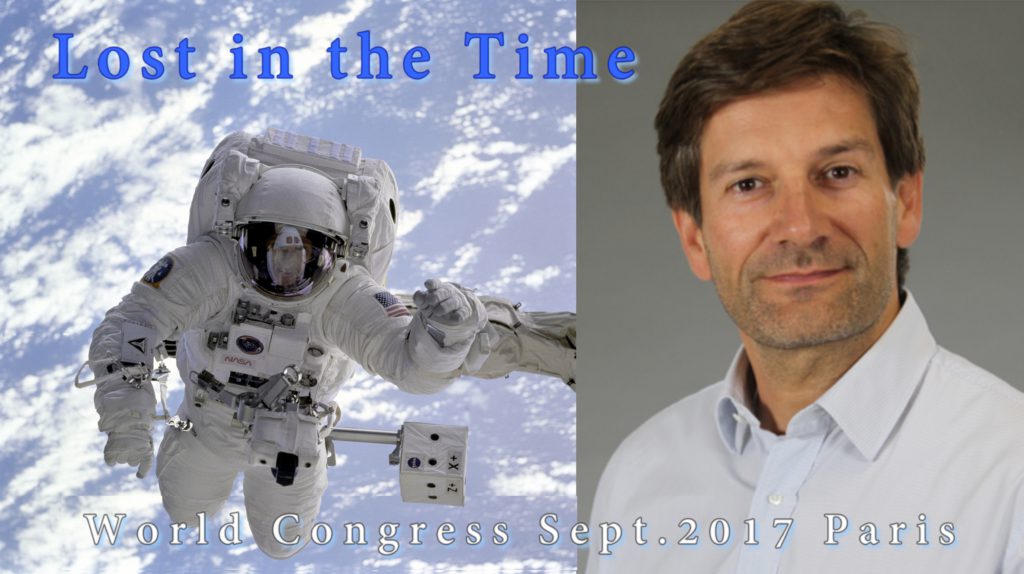
Are your metaphors, still working?
Do you have some trouble when providing new metaphors, when it comes to adapting them to your subject? Are your metaphors, working instantly?
We cannot hide it from ourselves, we are not perfect, and sometimes it is hard for us to establish new effective metaphors. However, this is an important lever to have this skill, for therapists and professional coaches.
It is important to know that, once we give a metaphorical story to our subject, we then have to create the ‘magic’ within the metaphor, in order to reach desired changes. On the other hand, any good practitioner knows that the most radical changes are the not the one that are slow to come, usually they are quick. It is clear the changes come through immediate awareness.
You will learn to ensure yourself that the metaphors given, are effective and ecological for your subject, and they will obviously have a great impact of your subject… You will be able to tell his own story within a different angle and a new perspective, so your subjects will find new meanings and he will mentally reorganize his mind.
If you want to stop unproductive brainstorming and start using effective metaphors, we invite you to the World Congress, in Paris, where you will find the key to metaphorical transformations.
Register here, for the World Congress, from the 8th to 10th of September 2017 in Paris.




